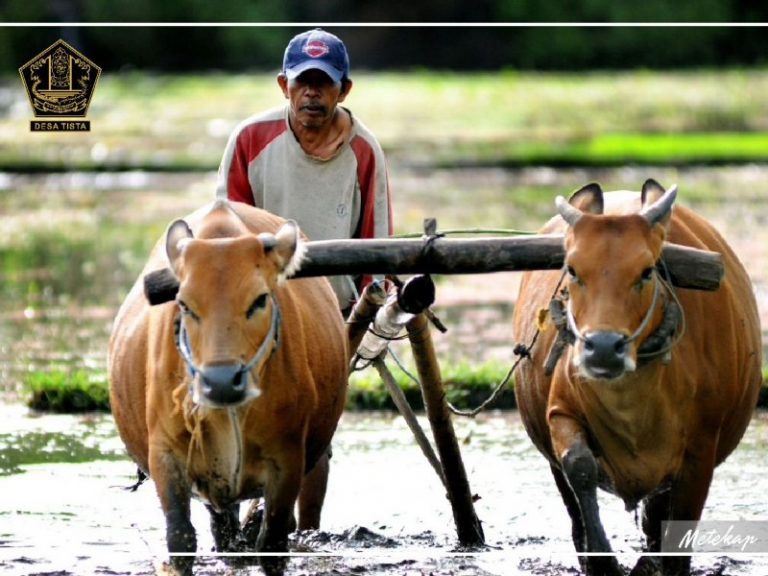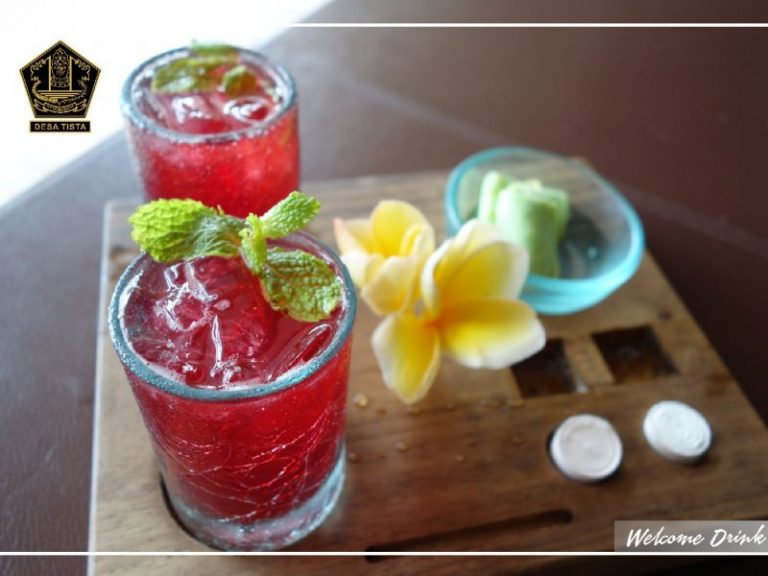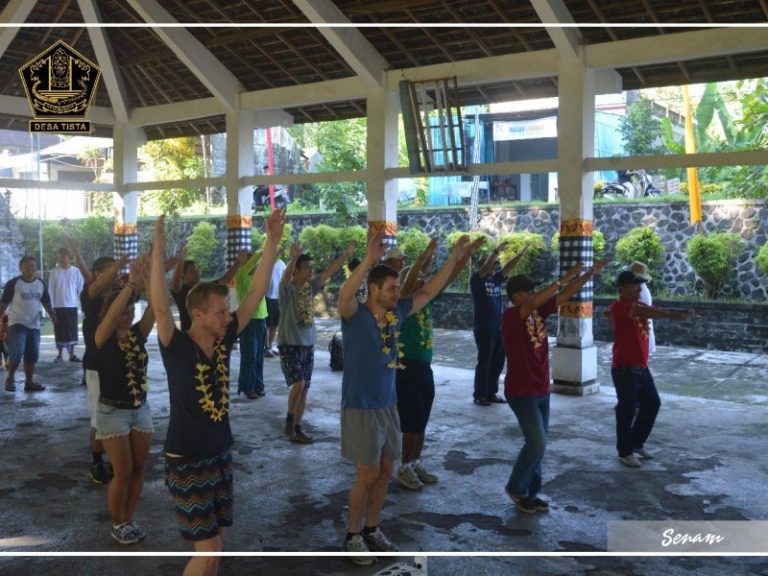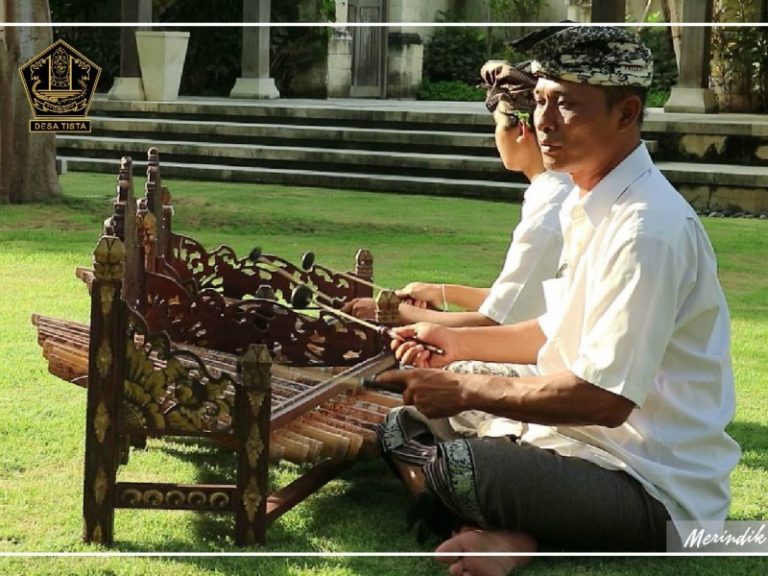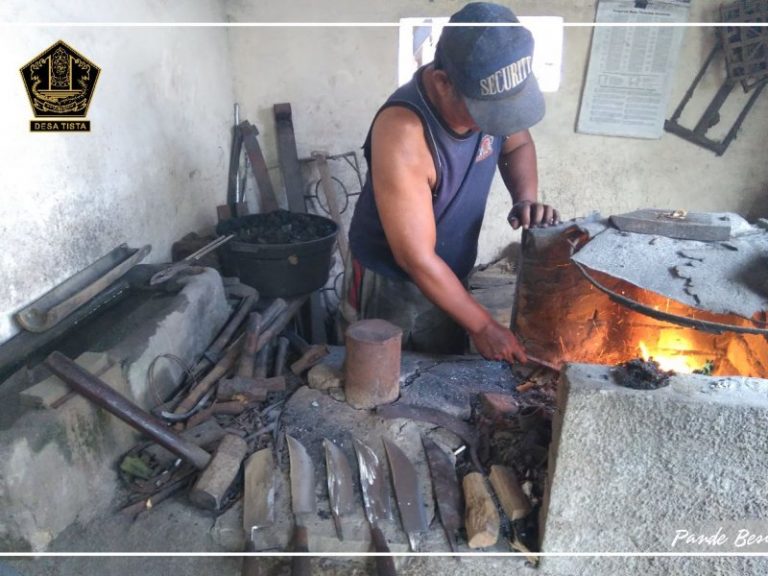The name of Tista Village was derived from the word “Ngetis” which in Balinese means resting or a place to rest. According to a local legend, a prince wandered around this village looking for a piece of land to build his castle. In his journey, he crossed mountainous areas with hilly terrain and tributaries, until finally, he met a monk who gave him instructions to continue his journey toward the south. After he arrived at the suggested location, he thought the area was not good enough because of the condition of the land is too bumpy. The Prince then continued his journey toward the north, hoping he would find the right place to establish his palace until finally, he arrived at the area which is now called as Kerambitan.
One day some areas in Bali was hit by a serious problem which made many residents decided to go to Kerambitan seeking for protection. By the king’s son, the people who came in his new castle at that time were ordered to find a place to rest on the west side of the Lating River. Until then, since then the west area of the Lating river is called as Tista (rest area). Due to more and more migrants from various other parts of Bali decided to live in this area, so this small rest area was started to change became a residential area / small village which is still called as Tista Village until today. There are four Banjars (local community councils) belong to Tista villages: Banjar Dangin Pangkung, Banjar Dauh Pangkung, Banjar Carik and Banjar Lebah.
As a tourist village, Tista Village offers a wide variety of tour packages including
- village trekking packages with workshop activities in the blacksmith village,
- ploughing rice fields,
- playing rindi instruments (traditional musical instruments similar to gamelan but made from bamboo).
Yoga package is also available with activities includes a yoga sessions held in the village hall (bale), cooking class with vegetarian menu along with traditional drinks and snacks.. Another package is the Andir Dance class package, which includes a session of dance class led directly by a professional dance instructor and costumes rental consist of kamen (Balinese sarong), scarves, and also kepet (traditional Balinese fan).


 Indonesia
Indonesia Deutsch
Deutsch















